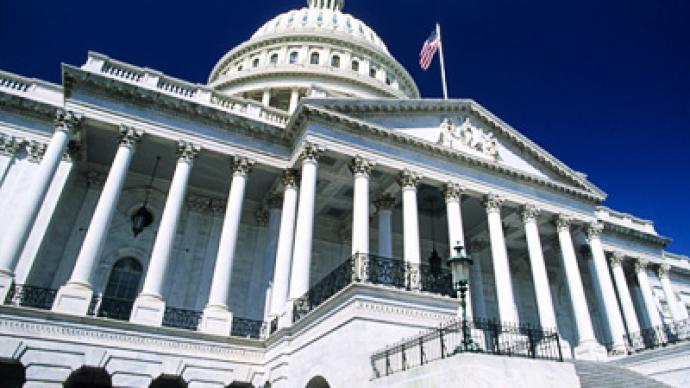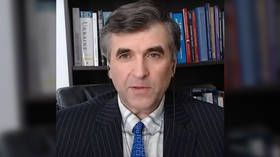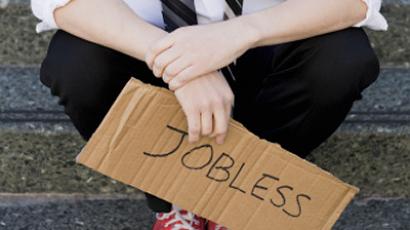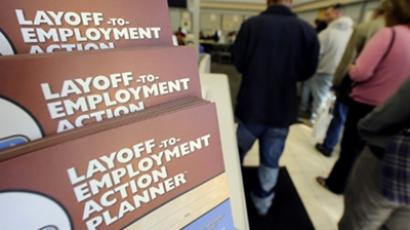Washington DC – A tale of two cities

Washington, where lobbyist fat cats keep getting fatter, working to get laws passed to fill their own pockets, while homeless shelters and kitchens are busier than ever.
Keith Allen now spends his days in the kitchen cooking food, but he spent much of the last few years looking for food, often against some tough competition.“Rats and stuff – they’re looking for food too so you’re out there struggling,” Allen said of his life on the streets. “Just like they out there looking for food, you’re looking for food too. First come first served. It’s rough out there.”But it’s not just those living on the streets that are hungry. Shamia Holloway works for the Capitol Area Food Bank, and said the recession has changed the face of the hungry.“Many first time visitors, many middle class residents who have never been to a food bank,” Holloway said. “We’ve actually had former donors who used to donate come to us for food assistance.” She explained that only 5 percent of those who get assistance are homeless. The other 95 percent, for whatever reason, have had to make big cuts in their budgets and are often left with no food on the shelves. “You’re always taught you go to school, you work hard, you get your education and you’ll be able to live the American dream but people have done that, people who are working several jobs but still can’t afford food,” Holloway added.While 14 percent of the population relies on food stamps nationwide, that number rises to 21.5 percent in Washington DC, higher than any of the 50 states, followed closely by Tennessee and Mississippi.It is a city divided, by those whose influence shapes the world, and those with no influence, even over their own survival.This divide does not start in Washington, argued Les Leopold, the executive director of the Labor Institute and Public Health Institute. It starts in New York on Wall Street. “It makes me sick,” he said. “The problem that we’re looking at is the fact our country is splitting into two.” Wall Street is looking to bring in record profits and dole out record bonuses with money provided via the US tax payer under government bailout programs. “There is more than enough money in this country to eradicate hunger, and we’re not doing it. It’s a crime,” Leopold added.The financial elites in the US control the debate; they control the dialogue and the policy coming out of Washington. “There is a job crisis. There are 29 million Americans right now who don’t have the full-time jobs they are looking for,” he said. “The problem all begins with the fact that the super rich feel they are entitled to this money that they only got because we bailed them out. They would be on the street had we not bailed them out a couple years ago.” Leopold argued the US needs raise taxes on the financial elites dramatically..“We should have a windfall profits tax of at least 50 percent or we could go back to the Eisenhower rates of 90 percent when this country used to care about its middle class,” he said. “They caused the problem; they should pay to clean it up.”He said the American people would support such a plan, but Washington is in the pocket of their financial donors, making change hard to achieve.














